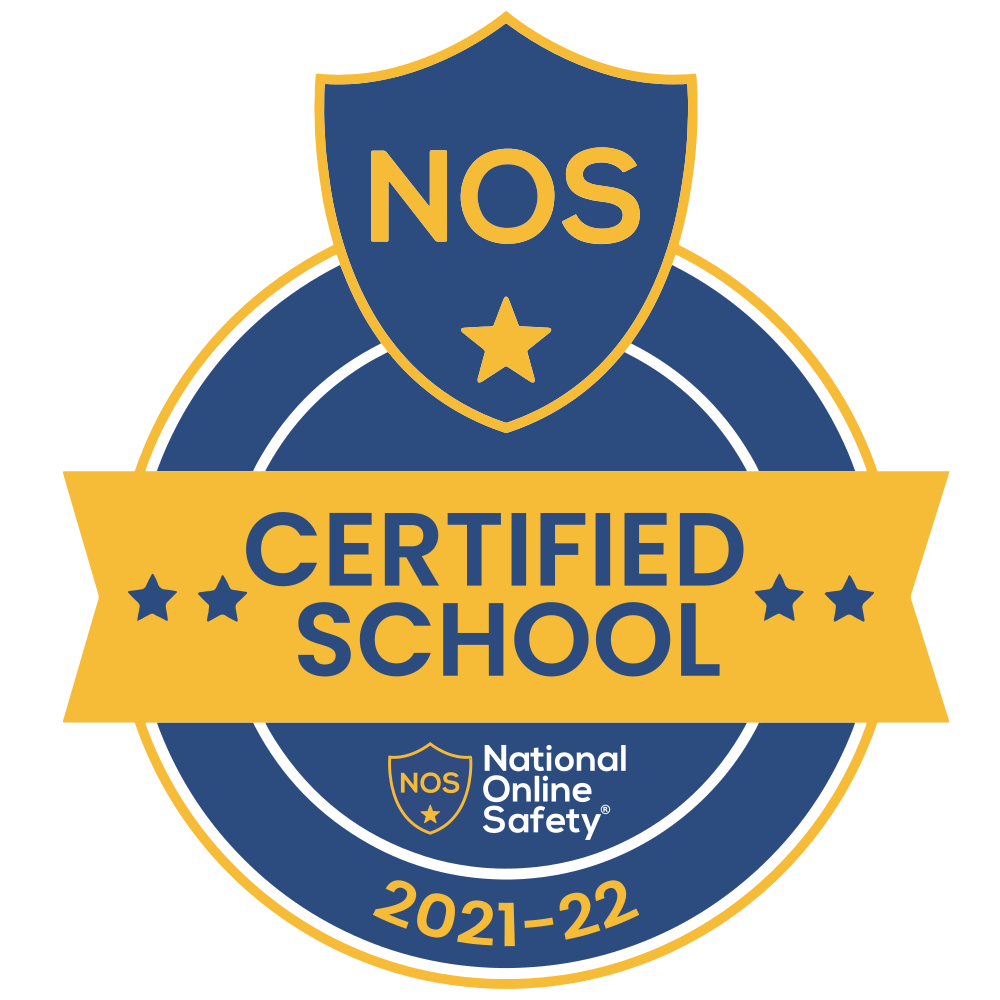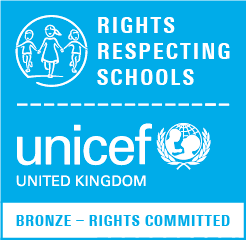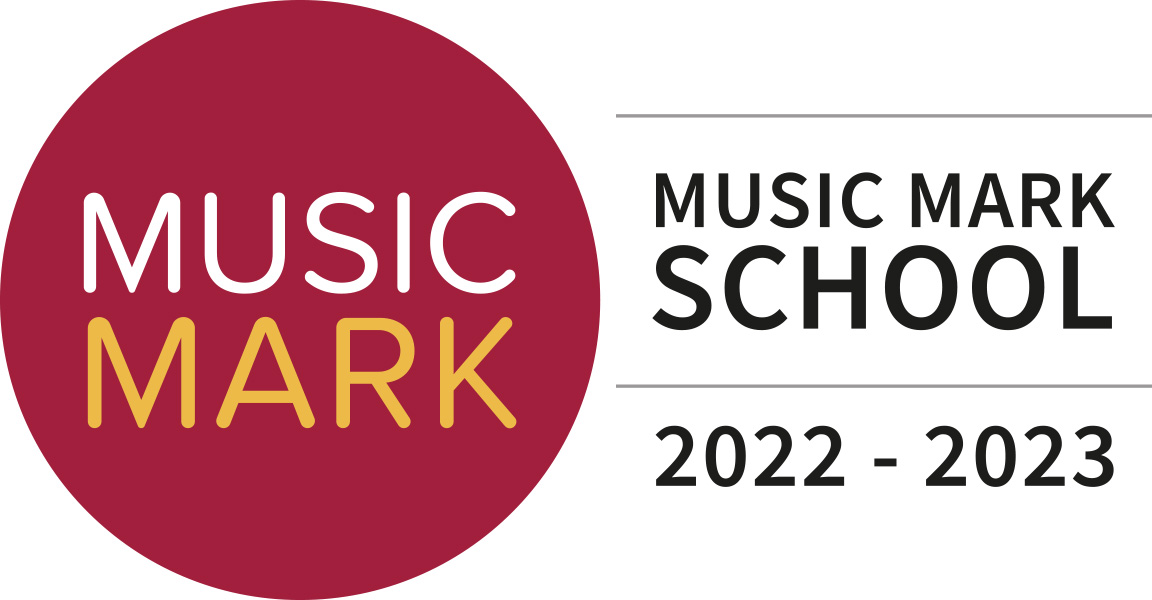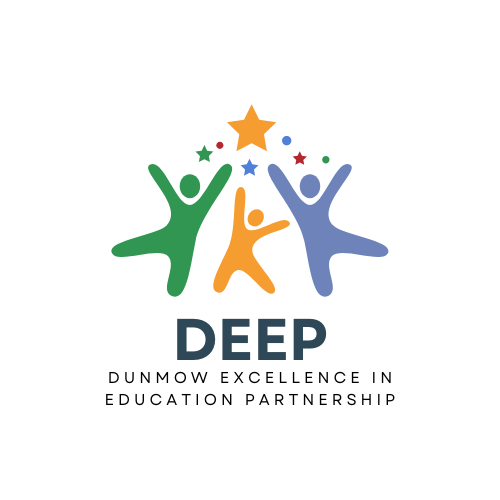EYFS Curriculum
Our Aims
In Early Years, we have an indoor and outdoor classroom. In both classrooms, we provide a range of provisions which include areas for construction, writing and drawing, role play, reading, playdough, creativity, sand, water, mud kitchen, climbing equipment, woodwork and more! We enhance our provision in response to our children’s interests and needs in order to create an exciting, enabling and engaging environment.
Our aims are to make our children feel happy, confident and enthusiastic about coming to school each day and have high levels of engagement in learning.
How
Our Reception classes follow the Early Years Statutory Framework (DfE 2021) which sets the standards for Early Years learning, development and care. Our practice is underpinned by the four guiding principles:
-
The Unique child – recognises that all children are constantly learning and have the ability to be resilient, capable, confident and self-assured.
-
Positive Relationships – help children learn to be strong, and independent.
-
Enabling environments – with teaching opportunities that respond to their interests and needs and where learning is built on over time.
-
Learning and Development – where we recognise that children develop at different rates and our teaching responds according to need.
Our Reception Curriculum is based around the 7 Areas of Learning and Development specified in the EYFS Framework (2021). These areas interconnect and, we carefully plan activities and experiences to support and extend children’s learning in these areas.
We consider the three prime areas of Communication and Language, Personal, Social and Emotional Development and Physical Development key to developing children’s skills, helping them to access all learning. The four specific areas of Literacy, Mathematics, Understanding the World and Expressive Arts & Design are woven into our curriculum to ensure that children:
Learn actively – Where children try their best and persevere even when they face challenges.
Play and explore – Children investigate and experience things and are willing to ‘have a go’ Create and think critically – Children develop their own ideas both independently and in collaboration with others.
This way we encourage children to understand themselves as learners. As they engage with learning and face increasing levels of challenge, we regularly make observations as part of our ongoing assessment to ensure that our planning is flexible and builds on the children’s interests and motivations. Observation, assessment and planning, in the context of child development knowledge, ensures that we understand how best to support children to make progress from their individual starting points.
Early Reading
Our Aims
We value reading as a life-long skill and nurture a love of reading from the moment children start with us at Rodings. We want children to believe in themselves as readers and have the desire and motivation to continue their reading journey. Our aim is for children to become fluent and confident readers with secure decoding and comprehensions skills. We strive for children to meet or exceed the age-related expectations for reading.
How
Our early reading incorporates developing rhyme and alliteration awareness and an understanding and enjoyment of stories, information texts and poetry. Daily, paced systematic synthetic phonics is the primary approach for teaching reading. Through direct teaching sessions our Reception and Year 1 classes are introduced to specific groups of grapheme-phoneme correspondences and are taught to blend the sounds to read words from an early stage. We progress to more complex phonics knowledge and cover all the major grapheme-phoneme correspondences by the end of Year 1. In addition, we also provide a broad multi-sensory approach to practising and applying specific phonic knowledge to reading. Children are also gradually taught to read some of the most common exception words. These words are sometimes referred to as ‘tricky’ words and children are taught to identify the part of the word that is ‘tricky’ alongside their phonic knowledge.
We follow the Read Write Inc. (RWI) phonics scheme to teach reading. This provides a progressive teaching structure and routine with opportunities to practise core reading skills and help children who may need additional support. Children read texts that are matched closely to their current phonic knowledge and decoding ability. We use RWI, Oxford Reading Tree, Songbirds and Phonics Bug scheme books to provide children with daily opportunities to apply their phonic skills to their reading. Each set of books links to the sounds children have learned so that they can read with confidence and developing fluency. We encourage parents to work in partnership with us to help children develop reading skills and, we offer regular support and feedback through our home-school Reading Record books. Parents are also invited to a ‘Read Write Inc Workshop’ at the beginning of the Reception year and are given specific information about how we teach reading and how they can support their children at home with daily reading experiences.
Attainment is monitored closely through the Year 1 Phonics Screening check and the EYFS profile. Reading in guided reading groups, shared class reading, 1:1 reading with adults and RWI summative assessments provide specific progress information to guide and inform our reading planning.
What it Looks Like
Our children develop as confident readers with speedy decoding skills. They rapidly attend more fully to understand what they are reading and demonstrate thoughtful and reflective responses to increasingly challenging discussions. Reading is purposeful with links to all areas of learning as children extend their vocabulary developing enhanced knowledge and understanding of the curriculum and the world around them. Children make rapid progress in reading and are provided excellent opportunities to build strong foundations required to become fluent readers.









